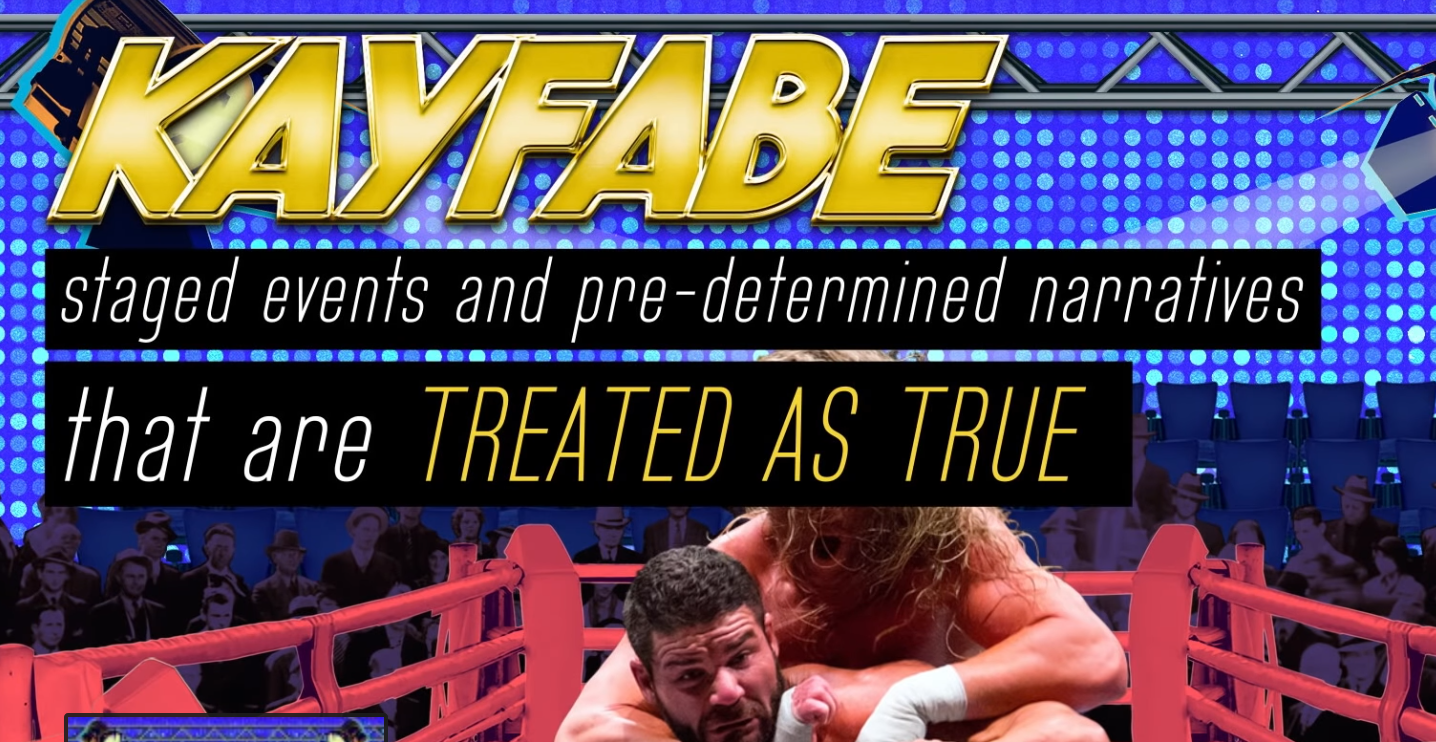
The three types of writers.
This is not a listicle about writers, but at the same time, the headline kinda removes a need for a preamble, so let’s get into it.
Writer number one: The linguistic clergy.
There are writers who know a lot about words. And less about people.
We often think of them as grammarians. An expert in grammar, they can often speak with the authority of a religious follower, imbued with the scripture of the rules of grammar. Rules they treat as if passed down from them from word heaven and the gods of literature.
While a follower of God might take offense to saying the Lord’s name in vain, to the linguistic clergy, ending a sentence with a preposition will suffice as blasphemy.
A bit like the spirit of God, the linguistic clergy often believe the beauty and soul of grammar and language is contained within the rules. Which makes the rules sacred and must be obeyed in worship of that beauty. It’s sort of like the town in Footloose with rules against dancing so decorum must be maintained to preserve that beauty and order of the town.
Yet, like that town, the more rules that are imposed, the more others desire to break them. Yeah, I’m looking at you Kevin Bacon and Patrick Swazye and your dirty dancing. I’m also looking at the “u r up?” people texting culture and using cultural slang. “A’ight?”
While I do get loose with rules, I also empathize with the grammar guard and their belief rules are important. In the age of online dating or romance via text, not knowing the difference between “your” and “you’re” can be a turn off to a prospective dating partner. And I’m still counting how many Caucasians online in the dating world can’t spell “Caucasian.” Or how a passionate political argument can turn into farce when someone holds up a sign that says,” Use your brain, morans!”
And at the same time, when someone hounds you because you end a sentence with a preposition, it’s hard to see them as a person who loves rules and is suffering seeing them infringed. Instead it comes off as a ruler who attempts to reign over their subjects via a totalitarian regime of rigid language.
The perception is why many of us rebel against the first form of grammarian that we encounter in life: the English teacher. Often a person who teaches English in a way that downplays it as a method of communication and sharing ideas. Instead, they present it a battery of hard-to-understand and often contradictory rules (i after e, except after c).
Grammarians as writers honestly love and understand rules. But they inadvertently rub people the wrong way because they don’t understand other people who are impatient and simply want the most expedient way to communicate. Impatience that wishes to cut through grammar rules to communicate faster; like a shortcut that takes you off the designated sidewalk route.
A grammarian may love fine literary works, but in their own work, may often write like a technocrat. Precision is shown in the language, but the soul within the sentences seem vacant. Like performing sex for only procreation instead of pleasure. The job is done. It’s acceptable. Nothing more to see.
Or they may write like a jazz artist. A musician who uses rules and techniques at such an intricate level, they can only be understood and appreciated by other technical musicians. Some in that group would say, “Oh look, he changed the time signature of the rhythm!” And then gush and snicker among themselves. All of which comes off as some sort of inside joke.
They are using language masterfully, yet they fail to communicate to most people outside the group.
Writer number two: People who understand people. But not words.
They have an emotional sense and great emotional insight about the people around them. That can intuitively feel how they others thirst for words, knowledge or emotional drama. They are emotionally intelligent. Or have felt pain that has opened them up to hearing and learning insights from the lessons the world has to offer.
Often these people are wise, but lack the ability to tap and share that knowledge in words.
That’s often the bottleneck for them. In the attempt to marry their emotional insights with the right words in order to share them with others , each word paring they attempt seems like a bad date. Frustrated, the writer often seeks the third kind of writer.
Writer number three: People who understand words and people.
This combination makes for powerful writers. They feel that emotional thirst in people for ideas and information and they know how to quench it with language. While they have respect for words and rules, that doesn’t mean being an inflexible grammarian. Instead, they are adept at knowing when to use and break the language standards in order to squeeze the power and emotion from those very rules and words others use to restrain thought.
Instead of restraint, such writers help us see beyond sight with their words. They are skilled at making even technical content feel more emotional and oddly intuitive despite the complex subject matter. That is why the right author often needs to come along to explain an idea or topic in a way that other writers couldn’t.
It takes a while to become the third writer. In my business, I don’t often see it. I see many of the first two. A lot of people in my business are grammatical and can write technically correct and flawless content. A lot of people know what they want to say but can’t.
The third is usually the person who can make it happen. We need a few more of them.






























